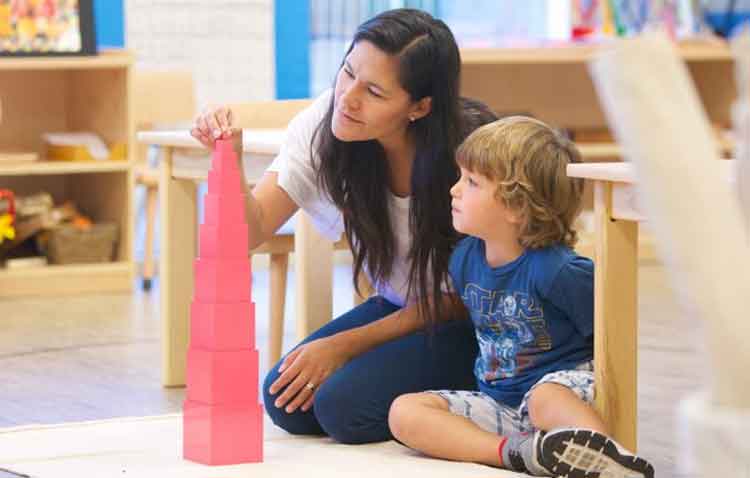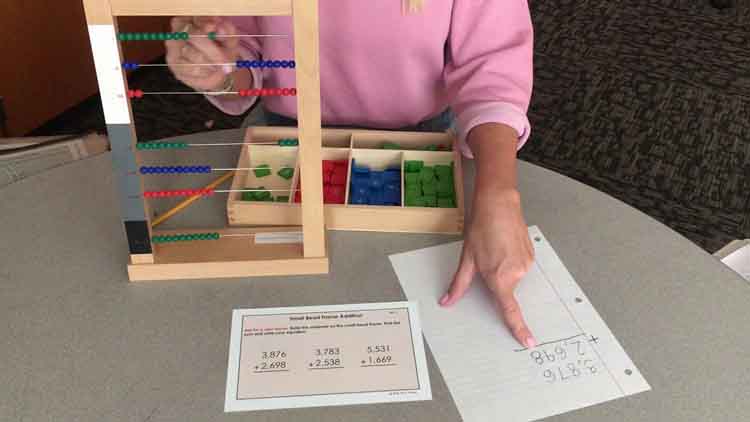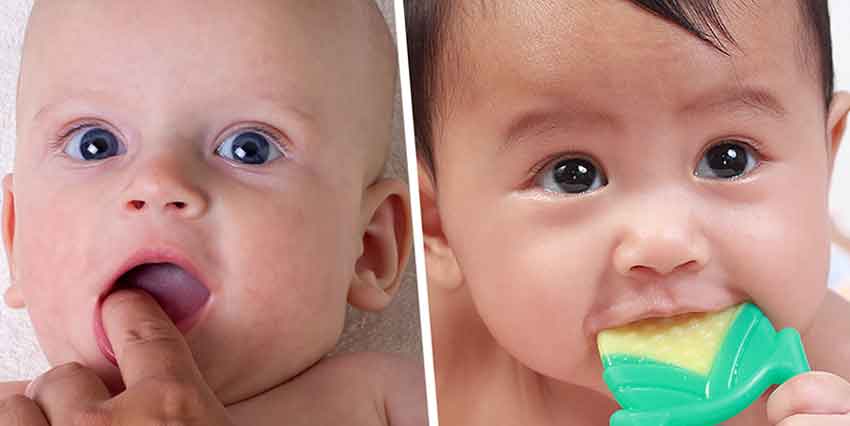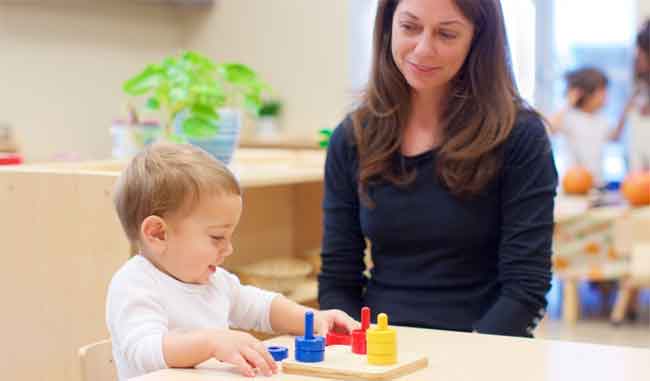Fine motor skills are essential for young children’s development, enabling them to perform tasks that require precision and control, such as writing, buttoning shirts, and using utensils. In Montessori education, the focus on hands-on, sensory experiences is key to fostering these skills. This article explores various Montessori materials designed specifically for fine motor skill development, highlighting their benefits and how they can be integrated into learning environments.
Understanding Fine Motor Skills
Fine motor skills refer to the coordination of small muscles in the hands and fingers, allowing for intricate movements. These skills are vital for everyday activities and play a significant role in cognitive development, as they often require concentration, coordination, and hand-eye integration. In a Montessori setting, materials are thoughtfully designed to support children in honing these skills while engaging their natural curiosity.
Key Montessori Materials for Fine Motor Development
1. Knobbed Cylinders
Knobbed cylinders are classic Montessori materials that come in a set of different-sized wooden cylinders, each with a knob on top for easy handling. Children learn to grasp the knobs and manipulate the cylinders, which helps develop their pincer grip—a crucial component of fine motor skills. This activity also introduces concepts of size, order, and spatial awareness as children match the cylinders to their corresponding holes in a wooden base.
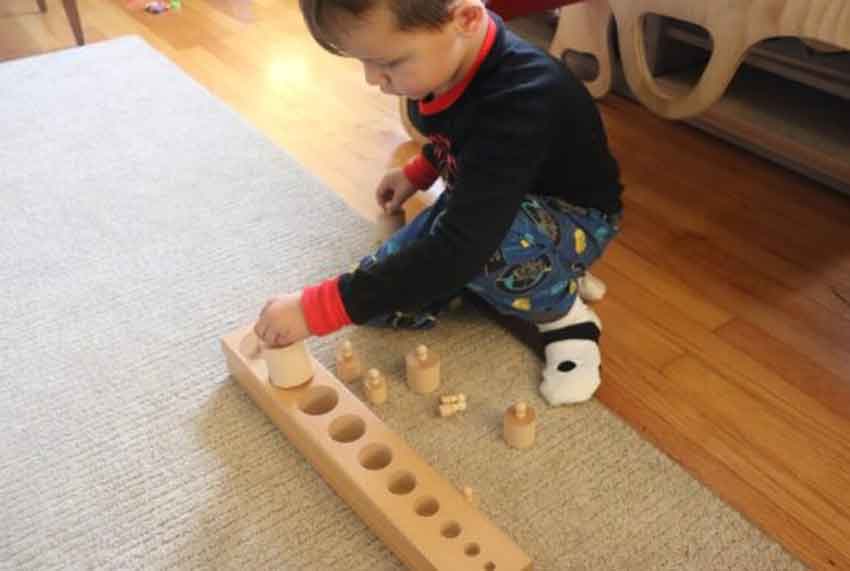
2. Bead Activities
Montessori bead activities are versatile tools that promote fine motor skills in various ways. Children can string beads onto a cord, count them, or create patterns. These activities not only enhance hand-eye coordination but also encourage mathematical thinking and creativity. Bead activities can range from simple tasks for younger children to more complex designs for older ones, making them suitable for multiple developmental stages.
3. Lacing Cards
Lacing cards are an excellent way to develop fine motor skills while engaging children in creative play. These cards, often depicting various shapes or animals, come with holes along the edges. Children use a lace or string to thread through the holes, improving their hand coordination and concentration. This activity also introduces concepts of patterns and sequencing, enriching their learning experience.
4. Tongs and Tweezers
Using tongs or tweezers to transfer objects is a fantastic activity for developing fine motor control. Montessori classrooms often include activities where children use these tools to move small items like pom-poms, beads, or even natural materials like leaves and stones. This kind of work strengthens the muscles in the hands and fingers, preparing children for tasks such as writing and cutting.
5. Puzzle Maps
Puzzle maps, particularly those that represent continents or countries, are not only educational but also enhance fine motor skills. As children fit the pieces into the correct locations, they develop hand-eye coordination and spatial awareness. The tactile nature of puzzles encourages children to manipulate pieces carefully, reinforcing precision in their movements.
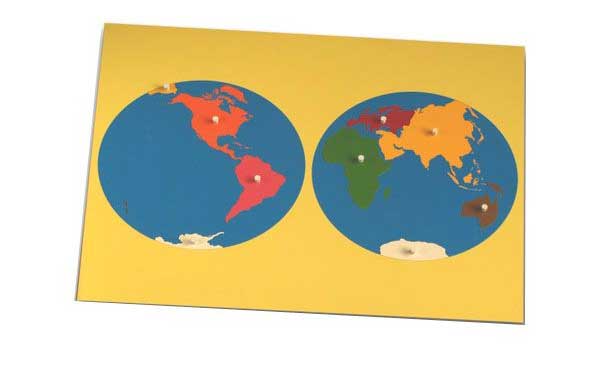
6. Practical Life Activities
Montessori’s practical life activities are crucial for fine motor development. Tasks like pouring water, transferring beans with a spoon, or buttoning and zipping clothing items require careful hand movements. These activities not only improve fine motor skills but also promote independence and confidence as children learn to complete tasks on their own.
7. Sensory Bins
Sensory bins filled with various materials, such as rice, beans, or sand, provide opportunities for children to explore different textures and practice fine motor skills. Children can scoop, pour, and manipulate items within the bins, enhancing their dexterity and coordination. Adding tools like scoops, funnels, and small containers can further enrich the sensory experience while developing fine motor control.
Benefits of Montessori Materials for Fine Motor Skills
1. Engagement and Motivation
Montessori materials are designed to be visually appealing and engaging, capturing children’s interest. When children are motivated to explore, they are more likely to practice and refine their fine motor skills naturally.
2. Independence and Confidence
The self-directed nature of Montessori education allows children to choose activities that interest them. As they master tasks using fine motor materials, they gain a sense of accomplishment and confidence in their abilities.
3. Holistic Development
Fine motor skill development through Montessori materials also supports cognitive and social growth. As children engage in these activities, they enhance their problem-solving skills, learn to work collaboratively, and develop patience and perseverance.
4. Adaptability for Various Ages
Montessori materials can be adapted for different developmental stages, making them suitable for a wide age range. As children grow, activities can be adjusted in complexity, ensuring continuous skill development.
Integrating Montessori Materials at Home
Parents can easily incorporate Montessori principles into their home environments to support fine motor skill development. Here are some ideas:
- Create a Practical Life Area: Set up a space with simple activities such as pouring, sorting, or gardening. Use child-sized tools to make the activities accessible and engaging.
- Encourage Creative Play: Provide materials like playdough, clay, or art supplies that allow children to manipulate and create, further enhancing their fine motor skills.
- Designate a Craft Corner: Stock a craft area with scissors, glue, and various crafting materials, inviting children to explore their creativity while practicing precision.
Montessori materials for fine motor skill development are essential tools that empower children to explore, learn, and grow. By engaging with these hands-on resources, children not only refine their motor skills but also gain confidence and independence. Whether in a classroom or at home, integrating these materials into daily activities fosters a lifelong love of learning and exploration, setting the foundation for future academic and life success. Embrace the Montessori approach to fine motor development and watch as children thrive in their journey of discovery.
Content Prepared by: Pratheek
Contact no: +91 98468 08283
